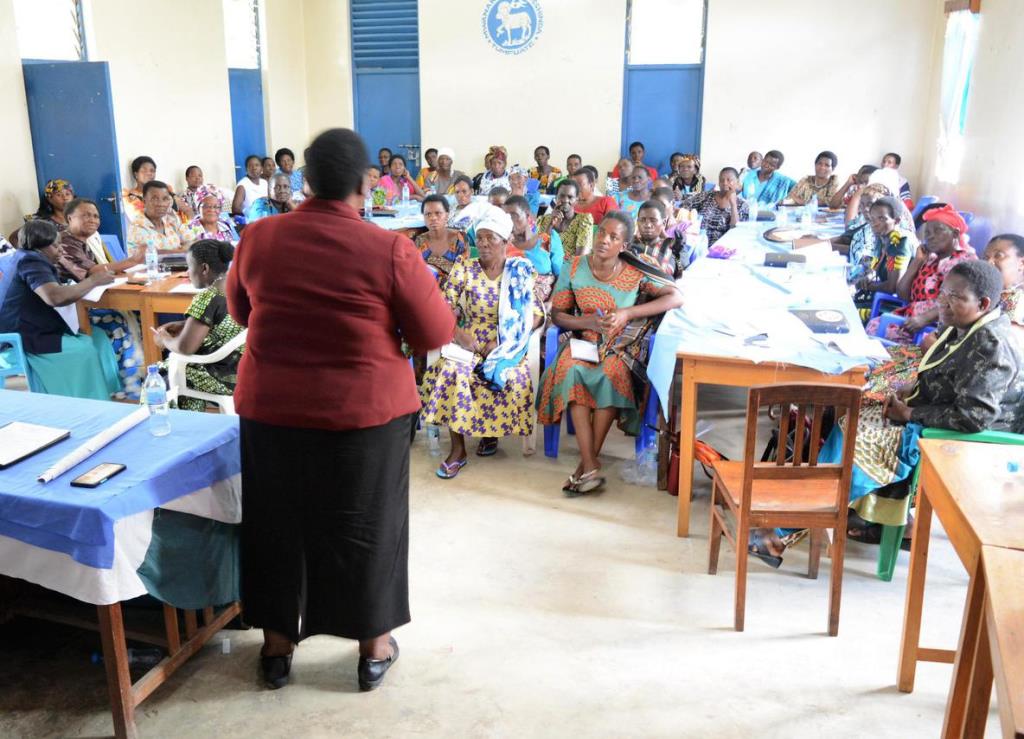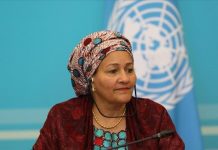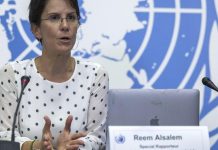AfricaPress-Tanzania: IN yesterday’s edition of this paper we carried out a story on the government’s deliberate plan to involve women’s participation on land governance issues and decision making.
The government’s move is aimed at achieving gender equality and the empowerment of all women and girls as far as land rights are concerned. Indeed, in many African societies, Tanzania included, women have lower access to land than men based on the outmoded traditions and customs and the Customary Laws of Inheritance.
The lack of secure ownership of land for women contributes to the lack of identity as household owners. For Tanzania, gender equality is a political priority of the government and a universally recognised human right.
It is essential for our well-being, economic growth, prosperity, good governance, and indeed for peace and security. Gender equality, in its broader sense, is about women empowerment.
All people, in all their diversity, should be free to live their chosen life, and thrive socially and economically. It is a fact that Tanzanian women are not as empowered as they should be.
When it comes to issues of women participation and decision making, too often there are hardly any women at the many meetings – maybe, they face discrimination, obstacles or they are excluded.
A lot needs to be done to build a truly gender equal Tanzania as the government is committed to do so. The challenges to gender equality are as varied as the contexts in which they emerge and call for context specific responses.
As a nation, we need to involve more and better civil society organisations, starting from youth and women’s movements. And we need to bring the private sector on board, to help promote gender equality in business and the economy.
Let’s tackle all dimensions of discrimination. Let’s pay special attention to discrimination based on age, ethnicity or sexual orientation, to women with disabilities.
Women need to be empowered, to be part of the decision-making processes in all settings. If we want Tanzania to become better, then women and girls have to be at the centre of our decisions and decision making everywhere.







